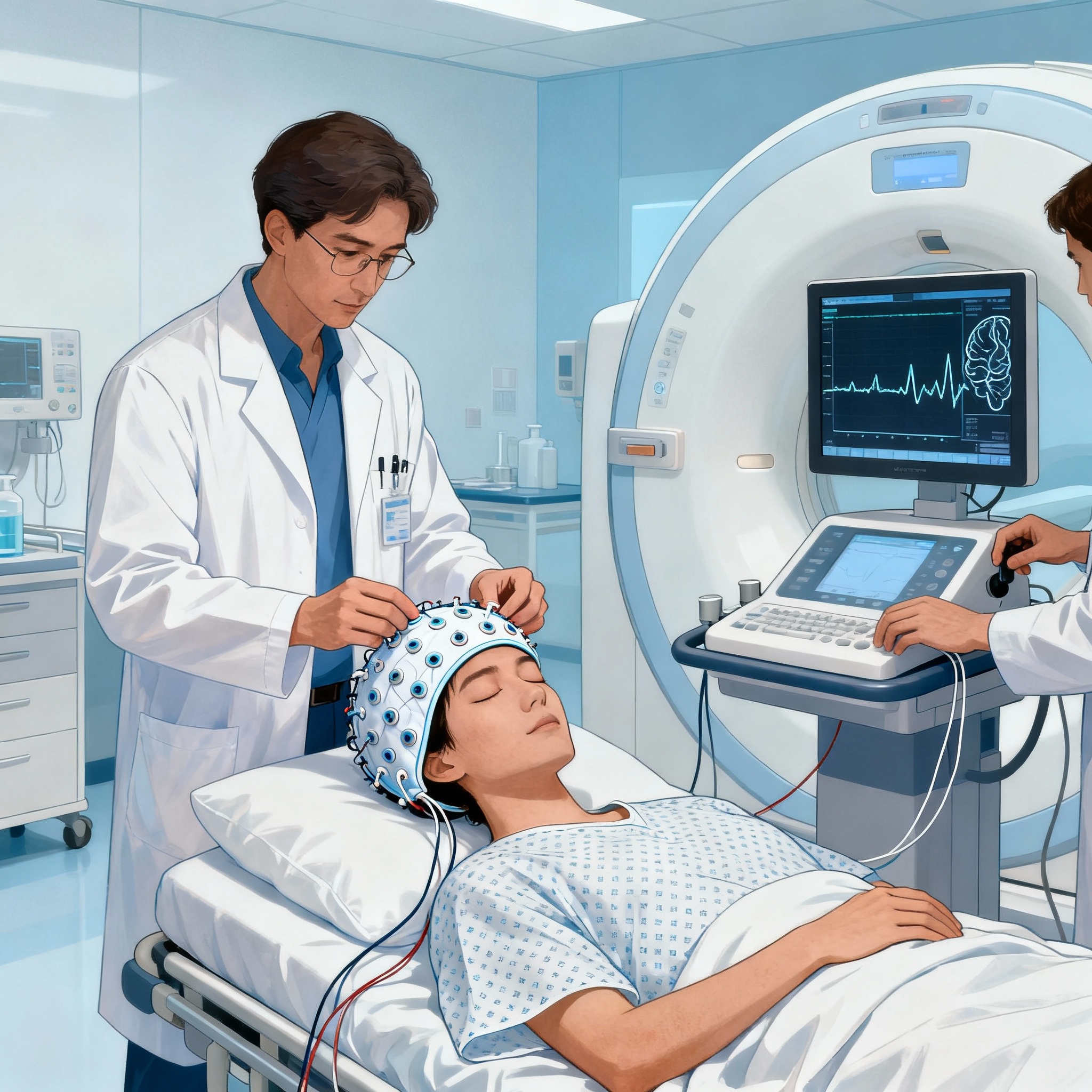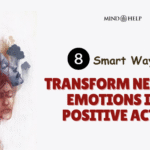A new scientific breakthrough may soon change how doctors approach mental health treatment: researchers have developed a brain test that could predict who is most likely to experience Antidepressant Side Effects before starting medication. This innovation, unveiled by leading neuroscientists in a recent US study, promises more personalized, effective, and safer mental health care for millions battling depression and anxiety.
How the Brain Test Works
Antidepressant Side Effects are a major barrier for people seeking relief from depression. Traditional “trial-and-error” prescribing can lead to frustrating experiences such as sexual dysfunction, weight gain, insomnia, and emotional blunting. The new brain test uses a combination of EEG technology and machine learning algorithms to measure individual brain responses. By identifying specific patterns of brain activity, scientists can now detect how a person’s nervous system might react to certain classes of antidepressant medications.
Preliminary trials show that patients flagged by the test as high-risk for Antidepressant Side Effects were much more likely to report unwanted symptoms within the first two months of treatment. This allows doctors and patients to make informed choices—such as choosing alternative therapies or lower-risk medications—improving the overall success and comfort of depression treatment.
Potential Impact on Mental Health Care
The burden of Antidepressant Side Effects is significant: up to 50% of patients stop taking prescribed medications prematurely, often due to these unwanted effects. This leads to relapse, poor recovery rates, and a cycle of ineffective care. With the new brain test, clinicians hope to reduce dropout rates by upfront screening and tailoring medication choices to an individual’s unique brain profile.
Mental health experts are optimistic that the technology will expand access to safer, more tolerable treatments for diverse populations. Especially for women, older adults, and people with chronic health conditions—who may have greater sensitivity to Antidepressant Side Effects—this advancement promises greater control over their treatment outcomes.
Clinical Availability and Next Steps
While the brain test is currently available through research settings and select mental health clinics in the US, larger trials are underway. Approval from regulatory agencies will be needed before widespread adoption. In the meantime, scientists recommend that patients continue to communicate openly with their providers about any side effects and stay alert to updates as this technology evolves.
Mental health organizations are hopeful the test will also be used to improve understanding of how genetics, lifestyle, and brain chemistry interact in the context of Antidepressant Side Effects. Ongoing studies aim to make the tool affordable for both urban and rural health centers, removing cost and access barriers so that everyone can benefit.
Moving Toward Personalized Mental Health Care
The development of a brain test to predict Antidepressant Side Effects marks a major step toward personalized medicine in psychiatry. By moving away from one-size-fits-all solutions, physicians can better address the complicated needs of people suffering from depression and anxiety. With future research and collaboration, experts see a time when mental health care is safer, more comfortable, and more individually tailored than ever before.
Frequently Asked Questions (FAQs)
What is the new brain test for Antidepressant Side Effects?
It is an EEG-based technology that uses machine learning to predict who is likely to experience Antidepressant Side Effects before starting medication.
How accurate is the test?
Early clinical trials show a high predictive rate, but more research is underway to confirm its accuracy across larger populations.
Who can currently access this brain test?
It is available through research programs and select clinics, with wider access expected after additional testing and regulatory approval.
What are the most common Antidepressant Side Effects?
Sexual dysfunction, weight gain, insomnia, drowsiness, and emotional blunting are among the most reported.






